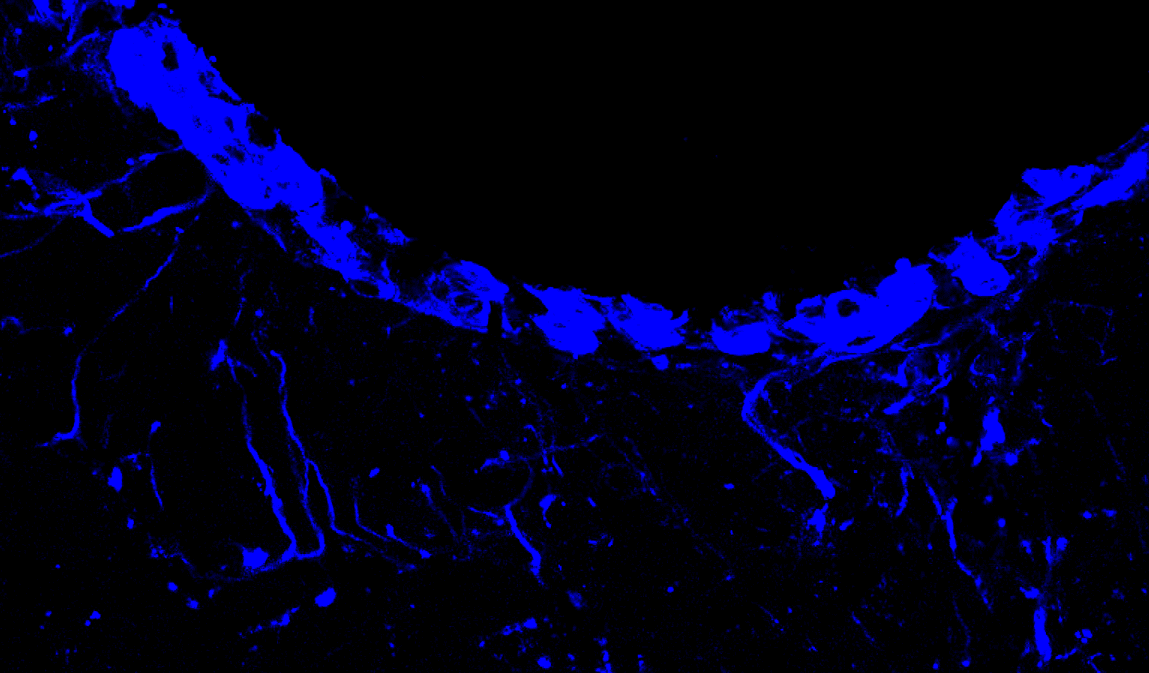Research Overview
The prevalence of obesity has exploded over the past 40 years. The biological systems that underlie the excessive eating behavior contributing to obesity onset remain poorly understood. Our research goal is to discover the neural systems and psychological processes that control energy balance, with a particular focus on understanding the neurobiological substrates that regulate obesity-promoting behaviors such as food impulsivity, environmental cue-induced eating, and excessive meal size.
Another primary focus of our lab is to study how the brain is negatively impacted by dietary and metabolic factors. Consumption of Western diets (high in saturated fatty acids, sugars, and processed foods) not only contributes to obesity development, but also produces deficits in learning and memory capabilities and can even increase the risk for developing dementia. We are currently examining the specific causal dietary factors, critical developmental periods, and neurobiological mechanisms underlying diet-induced cognitive decline. Ongoing research identifies the gut microbiome as a critical link between unhealthy junk food diets and neurocognition.

RECENT NEWS
Our research is funded by NIH: DK104897 (SK), DK123423 (SK), DK118402 (SK), DK140275 (EN & SK), DK105155 (MH and SK), NS130185 (Bh and SK), and the following fellowships: AARFD-22-972811 (to LDS), and F31dk138777 (to mek)





